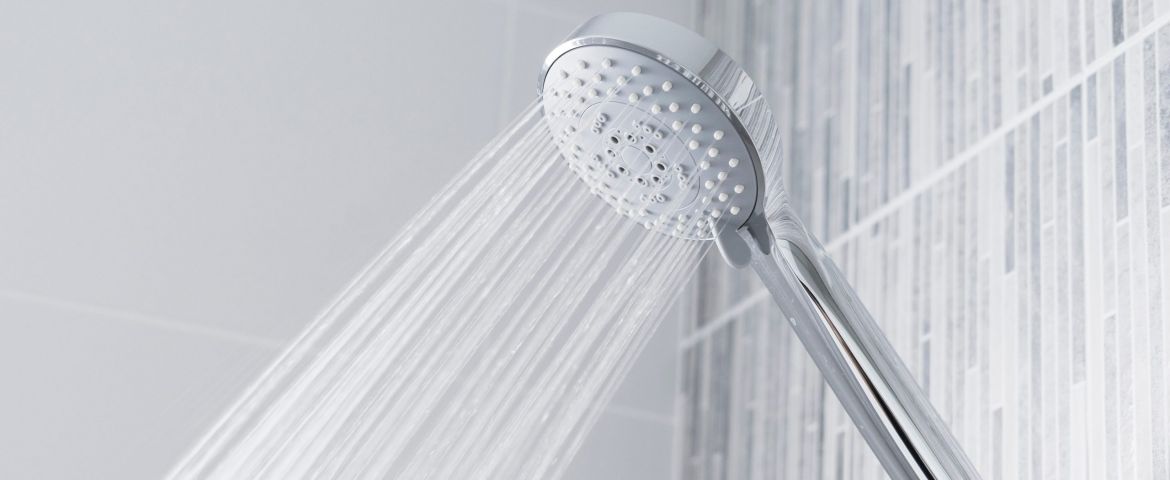Many people crave the feeling of warm water when they hop in the shower each day — but cold showers can also leave you, and your body, feeling great. No matter your preference, both cold and hot showers have various health benefits and deserve a place in your personal hygiene routine.
Health benefits of cold showers
Though a cold shower doesn’t always sound appealing unless you’re looking to cool down, lowering your water temp can have a plethora of healthy effects on your body, including:
- Soothe dry and itchy skin. Whereas a hot shower may further dry out your skin and increase the desire to itch, cooler temperatures can help soothe the irritation.
- Increase circulation. Cold temperatures trigger the circulatory system, constricting circulation on the surface and causing deeper tissues to circulate more quickly. This can reduce inflammation and may be especially beneficial to those with hypertension or cardiovascular disease.
- Help you wake up. Colder water increases your heart rate, makes you more alert and increases oxygen intake, all of which can help you shake off sleepiness more quickly.
- Protect hair and skin. Hot showers can lead to dry skin — and the same is true for your hair. Hot water temperatures dry out the protective sebum layer for your skin and hair. Colder showers will leave this layer protected and could lead to stronger, healthier hair over time.
- Reduce muscle soreness. Colder showers increase circulation, which can help your muscles relax after intense exercise. This helps reduce inflammation and prevent soreness, leaving you feeling ready to tackle another workout.
- Could help with weight loss. Certain fat cells near the neck and shoulder areas generate heat by burning fat, especially when exposed to cold stimuli. Cold showers can help activate these cells and boost fat burn.
Health benefits of hot showers
There are also some upsides to turning up the heat. Health benefits of hot showers include:
- Respiratory symptom relief. Especially if you’re experiencing cold symptoms, a hot shower could go a long way towards making you feel better. Hot water and steam help loosen phlegm, open airways and clear out nasal passages.
- Muscle relaxation. Warm water helps soothe tired muscles and relieve tension, which can help you relax and recover after a long day.
- Improve sleep. The muscle relaxation and tension reliving properties of hot water can also leave you feeling tired, and a hot shower an hour or two before bed can help improve sleep.
- Reduce blemishes. Hot water helps open up pores so that trapped oil and dirt can be scrubbed away — reducing the appearance of blackheads and other blemishes.
Cons of hot and cold showers
Of course, there are certain situations where a hot or cold shower may be less beneficial to you.
- Cons of cold showers: If you are already cold or are feeling sick, a cold shower might not be your best bet. The cold water may leave you feeling even colder and make it harder for your body to warm up and may be too hard on your immune system.
- Cons of hot showers: Hot showers can be hard on your skin and may make certain skin conditions such as eczema flare up. Be careful to limit your time in hot water to protect your skin and hair from drying out and becoming itchy. Hot showers can also increase your blood pressure, which could be dangerous for those with hypertension or other conditions.
Hot or cold: Which is best?
There are many benefits to both, and experts actually recommend a lukewarm shower for optimal health benefits — basically, the best of both worlds. However, when used in the appropriate situations and in moderation, hot, cold and lukewarm water can all play an important role in getting the most health benefits out of your shower routine.


